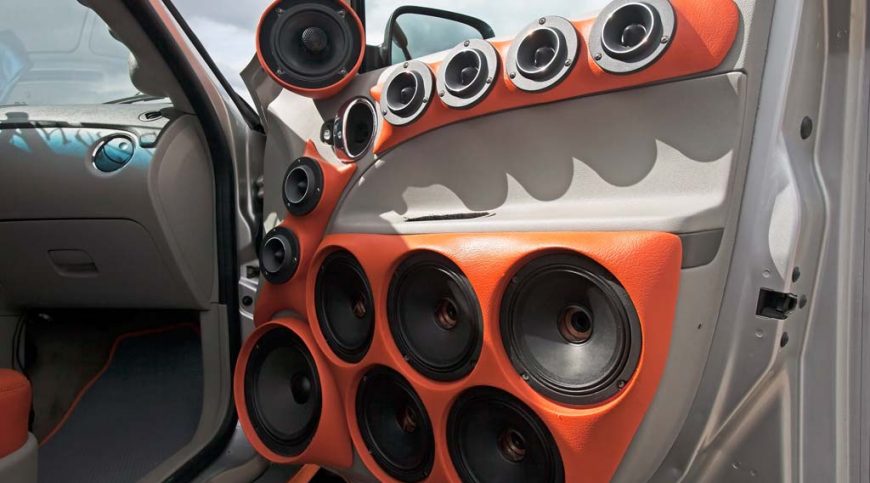
If you’ve never bought a car for yourself, the process can seem a bit daunting, but it doesn’t need to be. The fact is, shopping for any major purchase for the first time tends to make most people a little bit nervous, but everyone involved in the professional side of the process wants to help guide first-time buyers through their very first purchase. There are two major choices to make before you start shopping because they will determine where you look for the vehicles you are considering. The first choice is whether you will look at dealerships, private sales, or both. The second is whether you are buying new or used.
New vs. Used
The average person owns 13 cars during the course of a lifetime, with an average cost of $30,000 per vehicle when they are new. If you always buy a three-year-old used car, you can save more than $100,000 over the course of a lifetime, and if you buy slightly older vehicles or hold onto cars longer than average, you can save even more. Of course, there are some advantages to new vehicles that simply aren’t there for used ones.
- No prior history on the vehicle
- Get the newest innovations for comfort, entertainment, and safety
- Get the exact model, colors, and options you need
- Lower financing rates and longer terms
- Opportunity to invest in a vehicle from the ground up
If you’re investing in a car for a long-term because you plan on using it for its entire operating life, a new car is a great investment. If you’re looking to drive it for a few years and move on, though, you can get many recent features in a newer used car while losing less value to depreciation when you resell.
Dealership vs. Private Sales
Most experienced car buyers tend to look at both private sales and dealerships, at least at first. Private sales can save you money up front, but typically the car is being sold as-is, and if you inherit mechanical problems, you could wind up with a few repair bills in the early days of your purchase. Direct sales also involve dealing directly with the previous owner, whose main incentive is to sell the car. While professionals also have an incentive to sell, their process typically involves a service session and a window wherein the dealership is responsible for some or all of the mechanical issues that might arise. Going with a dealership certified used vehicle can even provide a warranty on a used vehicle that extends for a couple of years.
Private sales are considerably less expensive because the extras you get from a dealership increase their cost of doing business, so the core question you have to ask yourself is whether you are confident giving up those extras. For some people, the decision comes down to whether the private sale will save them enough to cover a major repair. For others, the dealership experience is simply worthwhile. If you’re financing the vehicle, the important thing to remember is that you will have to find a loan on your own when you buy from a previous owner, but dealerships can help you get financing so you can line up a pre-approval and then see if their finance offers can beat it, giving you more leverage. You’ll want to find a lender with an easy car loan approval process for that pre-approval, too.
Wrap-Up
Making these choices early can help you set up a more streamlined and easy-to-navigate course through the rest of your shopping process because they set you up for a more reasonable estimate of the costs and options you will have. Getting loan pre-approval is a big part of that, because you typically need to decide on new or used and roughly how old a prospective new car will be before you can get your pre-approval letter.










